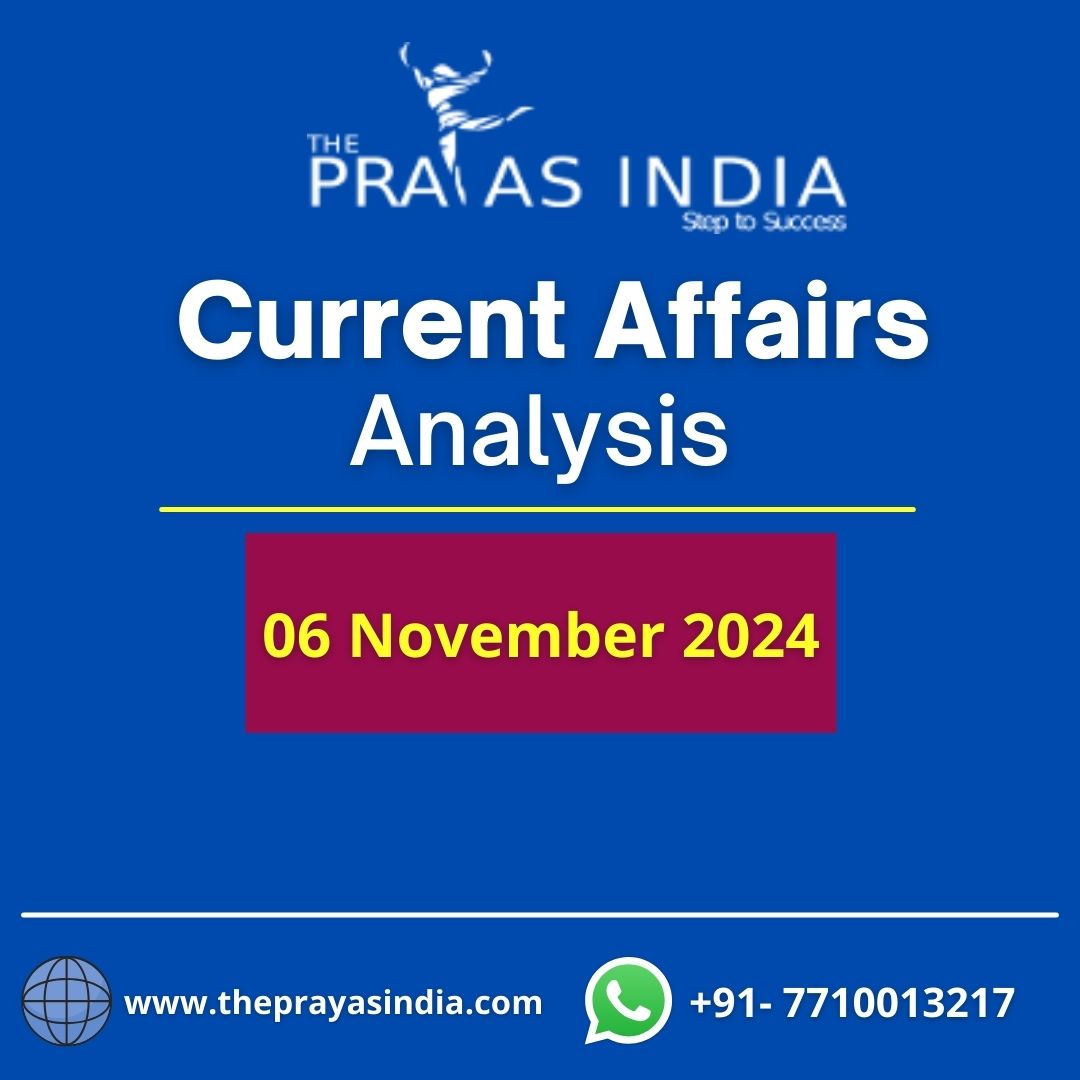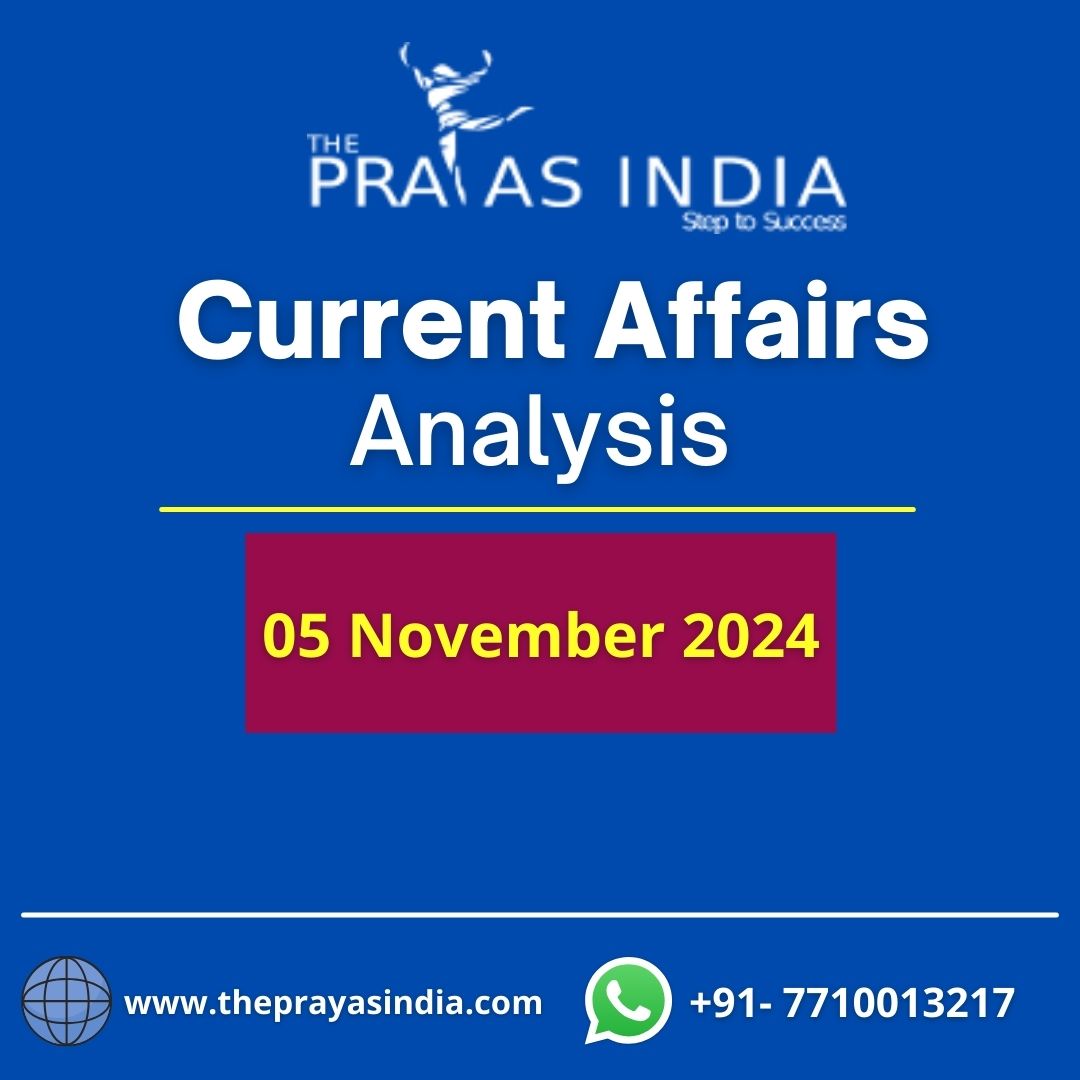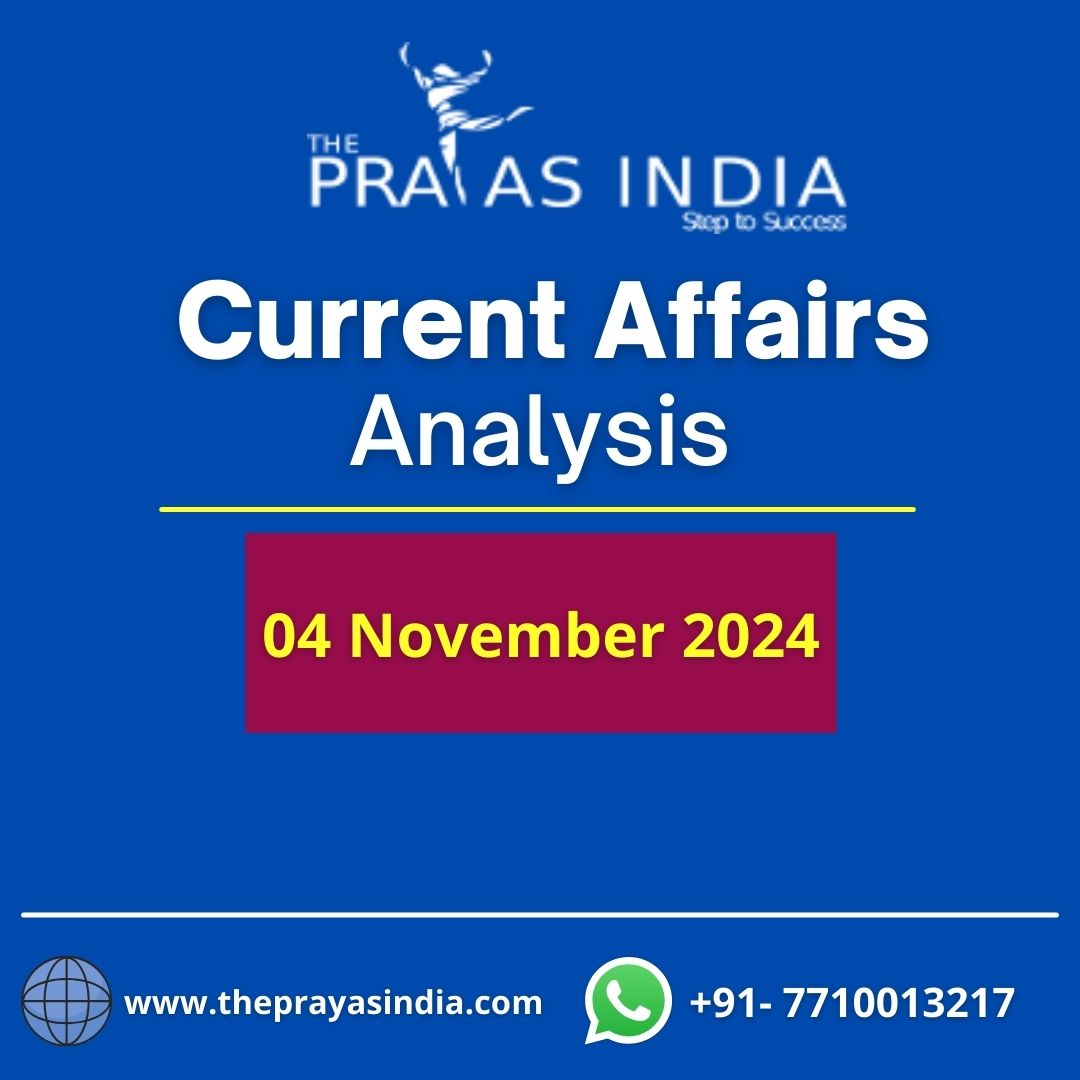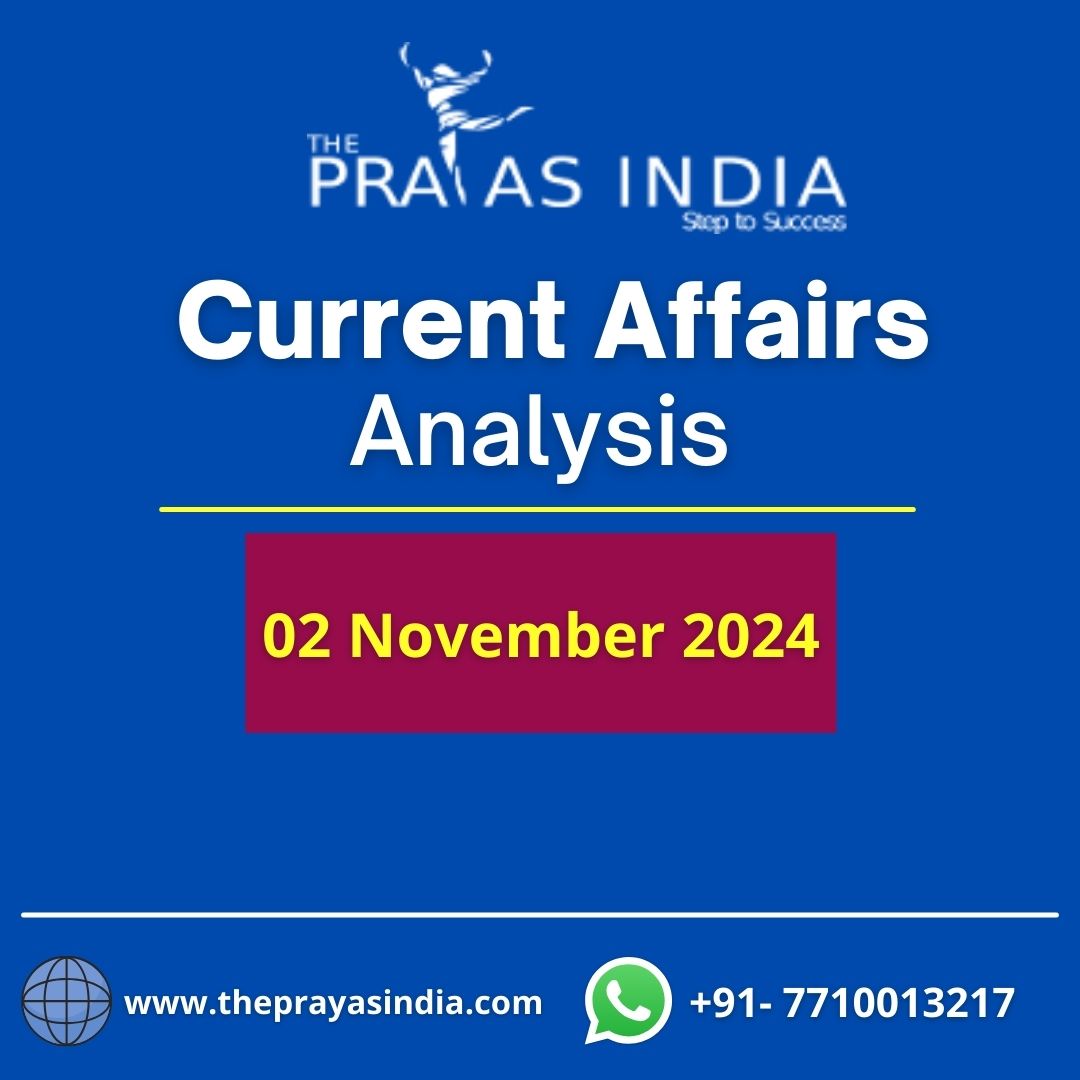DAILY CURRENT AFFAIRS ANALYSIS
| . No. | Topic Name | Prelims/Mains |
| 1. | Anti Defection Law | Prelims & Mains |
| 2. | MGNREGA | Prelims & Mains |
| 3. | PMLA Act | Prelims Specific Topic |
| 4. | Enforcement Directorate | Prelims Specific Topic |
1 – Anti Defection Law: GS II- Parliament related issues
What is the anti-defection law?
- Specific MPs and MLAs who switch parties are subject to penalties under the anti-defection act.
- It was added by Parliament to the Constitution’s Tenth Schedule in 1985. Its objective was to maintain political stability by discouraging MPs from switching parties.
- The Tenth Schedule, also known as the Anti-Defection Act, was incorporated into the Constitution through the 52nd Amendment Act of 1985.
- It spells out the conditions under which elected officials are ineligible to serve if they switch political parties.
- This response was brought on by the state administrations being overthrown by party-hopping MLAs following the 1967 general elections.
- However, it does allow a group of MPs or MLAs to join (or join forces with) a different political party without running the risk of paying a defection penalty. Political parties are also not penalised if they support or oppose rebellious lawmakers.
- The 1985 Act defined a “merger” as the “defection” of one-third of an elected political party’s members:
- The 91st Constitutional Amendment Act of 2003 changed this, and today, at least two-thirds of the members of a party must support a “merger” in order for it to be regarded as lawful.
- The members of Congress who are ineligible to serve in the House may compete for office in elections under any political banner.
- Decisions regarding defection-related disqualification are requested from the Chairman or Speaker of that House, and those requests are then subject to “Judicial review.”
- However, the law does not specify a timeframe by which the presiding officer must decide whether to take action in a defection case.
The following are the grounds for disqualification:
- If an elected MP or MLA willingly renounces their political party membership.
- If he votes or abstains from voting in that House against the wishes of his political party or another person in a position of authority without first obtaining permission,
- In order for him to be disqualified, his failure to cast a ballot must not have been allowed by his party or the designated person within 15 days of the incident.
- If a person who was elected without the aid of a party chooses to do so.
- If any nominee changes their party affiliation after the first six months have ended.
What issues does the law against defection cause?
Undermining Representative and Parliamentary Democracy:
- The MP or MLA is obligated to vote in accordance with the party platform and is not permitted to do otherwise following the passage of the Anti-defection statute.
- Due to the Anti-Defection statute, which only holds MPs accountable to their political party, the chain of accountability has been broken.
Role of the Speaker in Controversy:
- The statute does not specifically stipulate when the House Chairperson or Speaker must make a decision in anti-defection cases.
- Legal cases might last anywhere from three to six months. Some matters are settled after the time has passed.
There is no mention of the split:
- The anti-defection statute now has an exception for anti-defection judgments thanks to the 91st amendment.
- The amendment, however, recognises a “merger” inside a legislature party as opposed to a “split.”
Voting mandates being broken:
- Legislators are said to be disregarding their people’ wishes by defecting when they are elected on the platform of one party but then decide it would be more convenient to transfer to another party due to the temptation of cabinet positions or financial benefits.
Effects on Regular Government Operations:
- In the 1960s, the infamous “Aaya Ram, Gaya Ram” slogan was developed in reaction to the ongoing defections of lawmakers.
- The defection disrupts the political system and has an effect on the executive branch.
- Defection promotes legislator horse trading, which is manifestly contrary to the democratic system’s ideals.
- While wholesale desertion is allowed, retail defection is not. The gaps must be filled, thus modifications are required.
- He voiced concern that even though a politician might switch parties, they shouldn’t be given a job in the new one.
What different recommendations exist in regards to the Anti-defection Law?
- It has been suggested by the Election Commission that it be the body that decides whether to allow defections.
- Some have argued that the President and the Governors should hear applications for defection.
- The Supreme Court has advised Parliament to create an impartial panel headed by a retired judge from the higher judiciary in order to swiftly and fairly decide defection cases.
- The law has been deemed unsuccessful by some commentators, who have called for its repeal. Hamid Ansari, a former vice president, claims that it only pertains to preserving governments during motions of no-confidence.
Way Forward:
- The issue is brought about by the attempt to use the legal system to handle what is really a political matter.
- If party defections threaten the stability of the administration, parties should strengthen their internal processes.
- In India, political party regulatory legislation is desperately needed. Such a measure should encourage party democracy within parties, bring political parties under RTI, etc.
- To preserve representative democracy from the negative impacts of the law, the application of the anti-defection law can be restricted to only those laws where a loss of trust in the government may ensue.
Source The Indian Express
2 – MGNREGA: GS II – Government Policies and Interventions
About MGNREGA:
- As a form of social intervention to safeguard “the right to work,” the programme was formed. The local government would be obligated to legally provide at least 100 days of paid employment in order to raise the standard of living for those who reside in rural India.
Important objectives:
- There must be at least 100 days of paid rural employment created for each volunteer for unskilled labour.
- actively ensuring social inclusion by improving the sources of income for disadvantaged rural residents.
- creation of durable infrastructure, such as roads, canals, ponds, and wells, in rural areas.
- Reduce the amount of migration from rural to urban areas.
- Use rural labour that hasn’t been used for infrastructure construction.
To be eligible for benefits under the MGNREGA programme, applicants must fulfil the requirements listed below:
- An applicant for NREGA benefits must be an Indian citizen and at least 18 years old.
- The candidate must live nearby (i.e. application must be made with local Gram Panchayat).
- The applicant must be prepared to perform manual labour duties.
Important information about the scheme:
- The Indian Ministry of Rural Development (MRD) is in charge of managing the complete implementation of this initiative in cooperation with state governments.
- Individual beneficiary-oriented works may be submitted for consideration by members of Scheduled Castes and Scheduled Tribes, small- or marginal-farmers, people who have benefited from land reforms, or people who have benefited from the Indira Awaas Yojana of the Government of India.
- Within 15 days after submitting the application, the applicant will be offered a wage employment, or on the first day that labour is needed.
- If no job is found within fifteen days of submitting an application or from the date work is sought for, the applicant has the right to unemployment compensation.
- Accountability and transparency are promoted by requiring social audits for MGNREGA programmes.
- The Gram Sabha is the main venue for wage workers to voice their issues and request things.
- The Gram Sabha and Gram Panchayat, who also decide on the projects’ priority, approve the list of MGNREGA projects.
Function of the Gram Sabha:
- During Gram Sabha meetings, it defines the order of significance for each work while taking into account the potential and resources of the neighbourhood.
- Watch how the work being done in the GP is developing.
The duties of a gram panchayat:
- Application Registration acceptance
- Verification of registration application
- Signing up households
- Distributing Job Cards (JCs)
- applications for jobs are received, and dated receipts are given for those applications.
- within fifteen days of the application’s submission, or, in the case of an advance application, fifteen days after the date the work is needed.
- Task planning, task identification, and task importance evaluation are all included in the building of a project shelf.
Duties of the state government under MGNREGA:
- Create and promote the Rural Employment Guarantee Scheme for the State. One of the duties imposed on the State by Section 32 of the Act is this.
- operationalize the State Employment Guarantee Council (SEGC).
- Create a mission or agency at the state level to implement MGNREGA with sufficiently qualified personnel.
- Create an MGNREGA social audit agency or directorate at the state level with a sufficient number of people who are knowledgeable about the program’s policies and have demonstrated a dedication to social audit.
- It is necessary to create and manage a State Employment Guarantee Fund (SEGF).
Source The PIB
3 – Prevention of Money Laundering Act: GS III – Internal Security of India
What Is Money Laundering?
- Making money earned through criminal activity, such as the financing of terrorism or the trafficking of illegal substances, appear to have come from a legitimate source is known as money laundering. The money from the crime appears “clean” thanks to the washing process.
The main goals of the Prevention of Money Laundering Act are:
- It was put into place in response to India’s commitment to the Vienna Convention and other international efforts to tackle the issue of money laundering.
- With the intention of combatting money laundering (the conversion of illicit funds into legal ones) and enabling the seizure of assets earned through money-laundering, the PMLA was passed in 2002 and went into effect in 2005.
The three main objectives of the PMLA are:
- to prevent and control money laundering.
- any assets obtained through money laundering shall be seized and forfeited.
- to resolve any extra problems with money laundering in India.
Resolution of disputes:
- The adjudicating authority is chosen by the federal government. It establishes if the property that has been seized or attached is being utilised for money laundering.
- The Adjudicating Authority will be regulated by natural justice principles rather than being restricted by the procedure specified by the Code of Civil Procedure, 1908, and will be subject to the other provisions of the PMLA.
- Appellate Tribunal: An appellate tribunal that is constituted by the government is qualified to hear appeals against judgments rendered by the adjudicating body. The rulings of the tribunal may be appealed to the relevant High Court.
- Special Court: Under the Prevention of Money Laundering Act of 2002, the Union government is permitted to set up a special court (PMLA).
PMLA (Amendment) Act of 2012:
- introduces the concept of a “reporting entity,” which can be a broker, a bank, or another financial institution.
- The amending act did away with the Rs. 5 lakh maximum penalties that was imposed by the PMLA of 2002.
- Anyone involved in such activities has their property temporarily taken and attached.
Source The Economic Times
4 – Enforcement Directorate: GS II – Statutory and Non-Statutory Bodies
The Enforcement Directorate’s details:
- It is a multidisciplinary organisation responsible with upholding the provisions of the Prevention of Money Laundering Act of 2002 and the Foreign Exchange Management Act of 1999 (FEMA), two unique fiscal laws (PMLA).
Historical background:
- The Department of Economic Affairs first established this Directorate on May 1st, 1956, when it created a “Enforcement Unit” to handle violations of the Exchange Control Law under the Foreign Exchange Regulation Act, 1947 (FERA ’47).
- In 1957, the unit’s name was changed to “Enforcement Directorate.” The Directorate was managed by the Department of Economic Affairs until 1960, when the Department of Revenue took over.
- For a brief period of four years, the Directorate also remained administratively under the Department of Personnel & Administrative Reforms (1973–1977).
The Enforcement Directorate is responsible for upholding two laws:
- Investigations into alleged infractions of the Exchange Control Laws and Regulations are handled by FEMA, a civil law with quasi-judicial powers, which also has the jurisdiction to punish offenders.
- The PMLA is a criminal statute that grants officers the power to carry out investigations in order to discover, temporarily attach, or seize assets acquired through the commission of Schedules Offenses as well as to capture and prosecute Money Launderers.
Composition:
- The Directorate not only employs individuals directly but also deputises officers from a number of investigating organisations, including Customs & Central Excise, Income Tax, and Police.
Other Details:
- According to the 2018 Fugitive Economic Offenders Act, processing cases of fugitives from India.
- Encourage FEMA infractions that result in preventative detention under the 1974 Conservation of Foreign Exchange and Prevention of Smuggling Activities Act (COFEPOSA).
Special courts:
- For the purpose of trying a case involving an offence punishable under Section 4 of the PMLA, the Central Government designates one or more Sessions Courts as Special Courts (in collaboration with the Chief Justice of the High Court).
- The court is also known as PMLA Court.
- A direct appeal to the High Court for that region may be undertaken in response to a ruling by the PMLA court.
Source The Hindu




